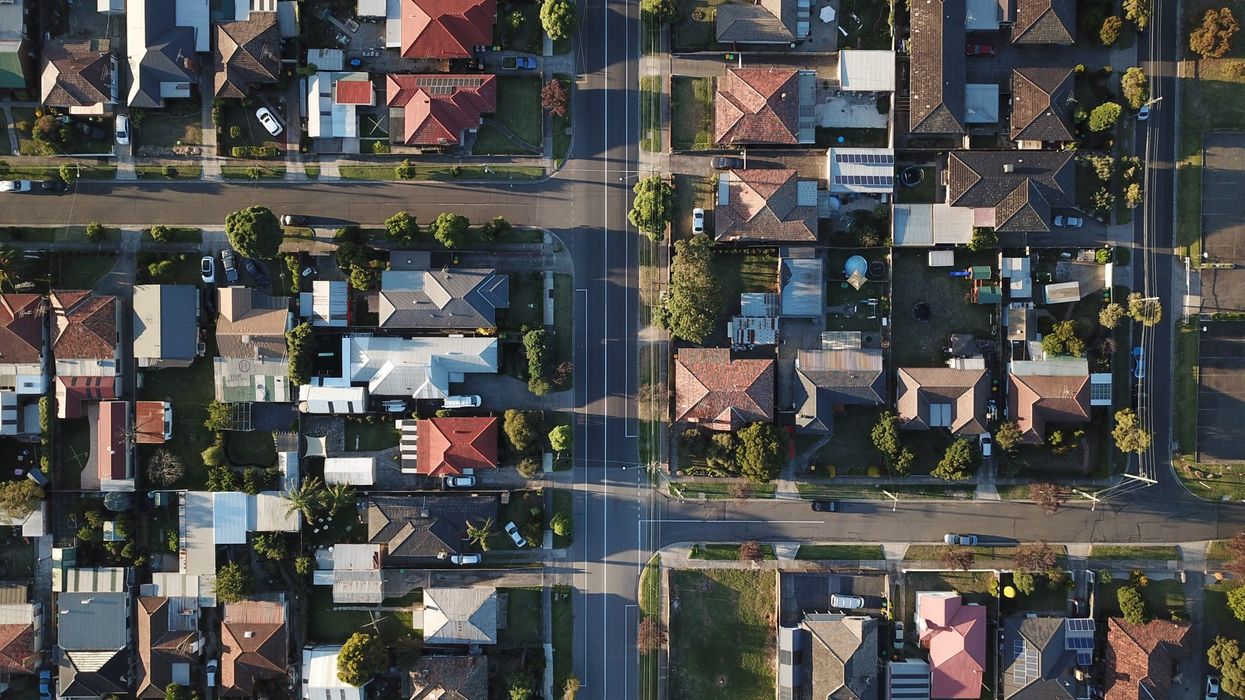The Greater Toronto Area’s housing market is in the incipient stage of a price correction -- one that, it could be argued, is long overdue -- but the recent drop in home values could be more dramatic in some areas than others, prompting fears of an outright crash.
“If we look at the pre-pandemic [activity] until now, those outer 905 markets saw 10 years of price growth in two years. What had been happening was unsustainable, and we’re all well aware of that, so a 20-30% crash from this past February’s peak is totally possible,” Royal LePage Signature Realty broker and team lead Tom Storey said.
“The markets beyond the 905, like Simcoe County, Guelph, Kitchener, I really do think if we talk about price drops from February, those markets will see them more dramatically than Toronto and most of the 905. They increased at such a [rapid] rate, with some of them doubling from $500,000 to $1M in two years, and that was based on extremely cheap money and buyers leaving Toronto for those markets, which pushed the prices up.”
READ: Homebuyer Beware: Growing Risk of Appraisal Gaps in Softening Market
The 416, on the other hand, is supported by seemingly indomitable market fundamentals that should, for better or worse, perpetuate the supply and demand imbalance. While 31-year-high inflation, rising interest rates -- including a 50-basis point hike to the Bank of Canada’s Overnight Lending Rate yesterday -- and practically extortionate housing prices have conspired to relegate many homebuyers to the sidelines, the market merely appears to be readjusting.
Don't Call It a Crash
Resurgent activity will probably be led by bargain hunters finally unhindered by stiff competition, says Phil Soper, CEO of Royal LePage, noting they invariably come out of the woodwork every cycle. Moreover, Toronto’s population growth is so robust that it precludes affixing the word ‘crash’ to its real estate market.
“It’s definitely a short-term correction. The reason household formation in Canada is so strong is you have 400,000-plus new Canadians each year and you still have the largest organic population group in Canadian history,” Soper said. “The millennials are only halfway through their housing journey, and many, many more will end up buying homes. A lot of them are too young still.”
READ: It's Not a Question of If": Housing Market Correction to Come, Says BMO
Soper added arguably the simplest, yet most salient, point: “Those two groups alone will create tremendous demand for shelter, and shelter is not something you can put off for very long.”
Although the central bank is pursuing an aggressive rate hiking campaign in which its Overnight Lending Rate has risen by 125 basis points since March 2, it’s still a quarter-point below where it was before the COVID-19 pandemic. And while housing prices are elevated for the time being, a price correction is well underway and there’s scant evidence suggesting the declines will be as steep as those Storey suggested could befall some smaller markets.
‘Correction’ is a much gentler word than ‘crash,’ and with good reason, because sanity is returning to a housing market -- though it remains to be seen just how much, and for how long--that’s grown beyond the financial means of its young adults. It’s probably a safe bet that nary a tear has been shed for speculators because a metropolitan region in which the benchmark housing price surged by 30.6% year over year in April -- remember, 2021 was a record year for the GTA housing market -- is neither healthy nor sustainable.
"You Can Naturally Expect It To Swing Back the Other Way"
“Everyone is impacted equally by the interest rate increases, but that there was a faster drop in prices in the 905 speaks to something larger than interest rates,” said Bradley Watson, host of Toronto’s #1 Real Estate Podcast and a broker with Sutton Group – Summit Realty Inc.
“Growth in the 905 has outpaced the 416 for the last couple of years, so there was definitely some heat going on out there. Markets like Durham Region, which was thought to be invincible, has dropped all of a sudden, and that’s significant. Historically in my career, the 416 has outperformed the 905, and when the 905 outperforms the 416, you can naturally expect it to swing back the other way.”
READ: Is Now the Time to Buy?
Runaway housing prices in 905 and exurban markets were driven by a single fundamental, demand, essentially creating bubble conditions. But even if home prices in, say, Milton or Guelph don’t rebound quickly, locals who bought homes during the market’s peak will eventually regain their losses, and then some, through equity. Speculators, on the other hand, might have to divest while they’re eating crow.
“It’s relative to when they got into those markets,” Storey said. “Some of those markets went up 100% in two years, so if you already live there, it’s like walking into a casino with $100, getting up to $200 and then leaving with $160. Did you make $60 or lose $40?”





















